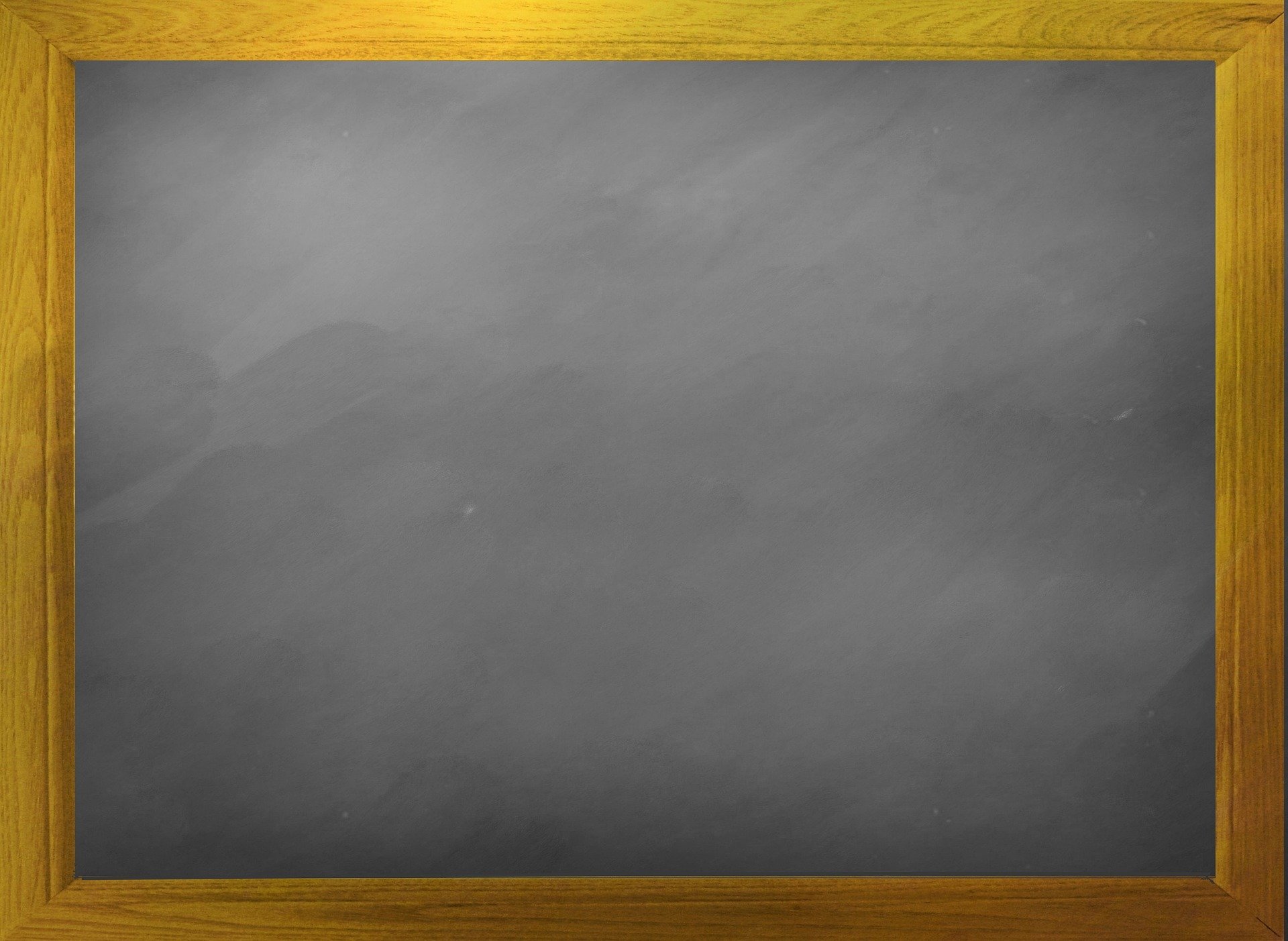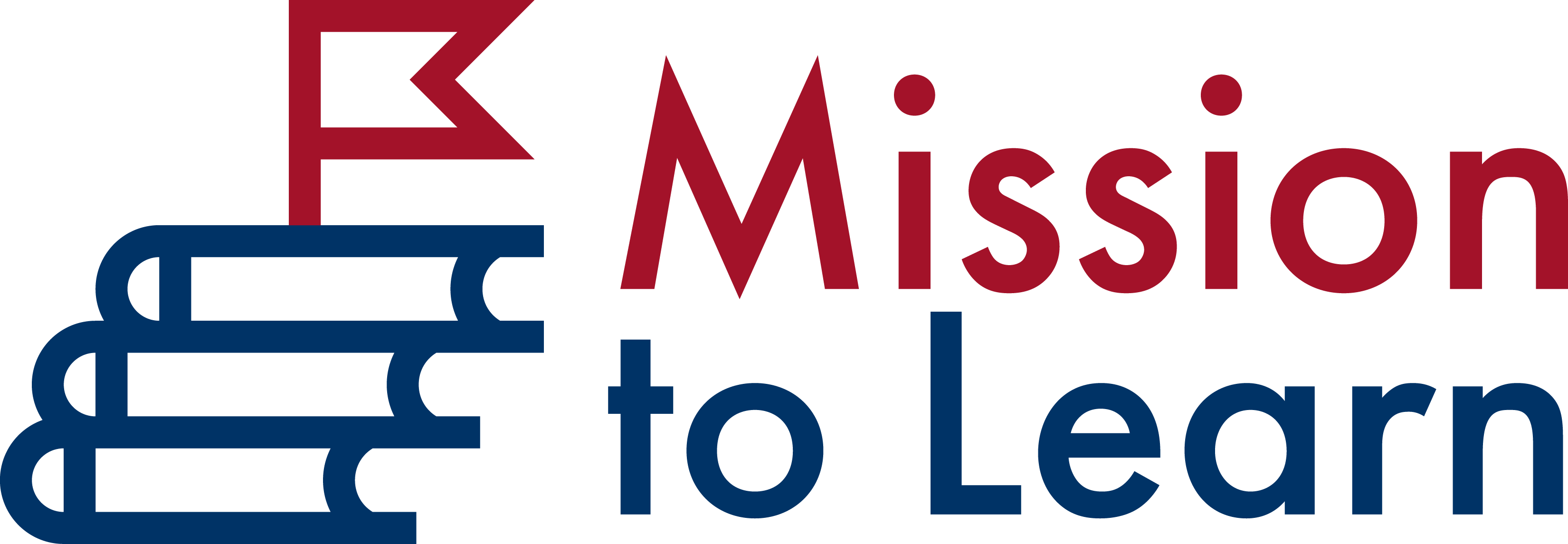Issue 9 – January 27, 2021
“If I fall one more time, I am pretty certain my body will shatter into tiny pieces.”
That’s how I felt after a few hours of trying to snowboard recently with my family. I grew up as a skateboarder and even flirted with makeshift attempts at snowboarding as a kid, but none of that translated into middle-aged adulthood.
I was a beginner. Again.
And frankly, it was painful.
I don’t plan to give up – at least after I heal a bit more! – and it’s that sense of resolution along with the attempt to learn to snowboard that inspires this edition of the newsletter.
My own attempts at snowboarding are trivial, but there are so many ways, large and small, in which we must begin again if we hope to learn, whether as individuals, organizations, societies, or even as a species.
Here, instead of my usual five, are three perspectives on beginning, each drawing on a book that I have found impactful. I frame these as imperatives I hope will guide my own learning in 2021 – and possibly yours as well:
1: Accept Responsibility
It’s often when you feel beaten down by your attempts to face life’s challenges that learning suffers. It’s too easy to allow the injuries of the past to cripple you, or the baggage to weigh you down. To succumb to cynicism, fear, the comfort of groupthink or habit.
It’s tempting simply to give up, ensuring there will be no further learning or growth.
James Baldwin was keenly aware of this temptation, and that awareness pervades Eddie Glaude Jr’s Begin Again: James Baldwin’s America and Its Urgent Lessons for Our Own. Much more than a biography of Baldwin, Glaude’s work surfaces the frustration and anger that has often accompanied the fight for racial justice, often in the times after progress has seemingly been made.
In the after times of the progress made by Martin Luther King, Jr. and others, when the civil rights movement had seemingly collapsed, Baldwin was confronted with the possibility that nothing had truly been learned. That no further progress would be made. It was a prospect he refused to accept. “Not everything is lost,” he wrote, in Just Above My Head (1979), “Responsibility cannot be lost; it can only be abdicated. If one refuses abdication, one begins again.”
I’ve written before that a sense of responsibility is often a beginning point for learning. Certainly, it is critical for beginning again. For renewing efforts even in the face of loss or great adversity. I recommend Glaude’s book and the body of Baldwin’s writing as a place to seek that sense of responsibility and renewal. In addition – or if your time is limited currently – you may want to read We Need to Begin Again, a review of Glaude’s book in The Atlantic.
2: See Many Possibilities
Another perspective on beginning again – not unconnected, I believe, to Baldwin’s – is to see things with fresh eyes.
It has now been 50 years since the publication of Zen Mind, Beginner’s Mind, in which Shunryu Suzuki famously wrote ” “In the beginner’s mind there are many possibilities, but in the expert’s there are few.”
The message, of course, is that we can become limited by our own ways of being and thinking. If we think we already know – as experts typically do – there is less chance that we see the opportunities to learn, much less embrace them.
We all have our areas of “expertise,” whether we are conscious of them or not, so this is hardly an issue limited to the famous or influential. I have no doubt, for example, that my “expertise” in skateboarding, in spite of the fact that I have not skated seriously for decades, impeded my learning to snowboard. I was not open to the possibilities, and I suffered for it.
Thankfully, as noted, snowboarding is a trivial example, but in our lives, our communities, and our countries, there are countless examples of us continuing detrimental behaviors and practices, not learning what we need to in order to make positive progress, simply because we do not see what is possible.
Suzuki’s book is not just for Zen Buddhists. It applies broadly, and I recommend it to everyone. It also has the merit of being relatively brief, but if you need to begin with something more brief, consider Shunryu Suzuki’s Zen Mind, Beginner’s Mind: A Book Summary.
3: Keep Beginning
“Strolling down the hall during one tournament, I looked into a classroom and saw a group of parents, with what I took to be an instructor. They were playing chess! Just then, as if on cue, a group of kids passed me, peering in on the same scene. “Why are adults learning chess?” one asked, in a vaguely mocking tone, to the collective amusement of the group. They marched on while I slowly died in front of a cheery bulletin board.”
So writes Tom Vanderbilt in the opening chapter of his new book Beginners: The Joy and Transformative Power of Lifelong Learning.
As adult lifelong learners, this is probably familiar ground for most Mission to Learn readers. Whether it’s chess, snowboarding, acquiring new job skills, or any of the myriad learning opportunities we may pursue, the attitude that learning is for the young if often lurking just offstage.
Most societies, after all, front load what we consider to be learning in the form of primary, secondary, and post secondary education – most of which is done by our early twenties. So, there is arguably a structural bias against adult learning. Combine that with the demands of adult life and the general discomfort that often comes with learning new things, and it’s easy to just stay the course.
Doing otherwise requires requires something akin to the responsibility that Baldwin felt.
It requires the beginner’s mind that Suzuki described – and, by all accounts, embodied.
It requires an ongoing decision to keep beginning.
To aid you in that process, I recommend Vanderbilt’s book. If you would like to get a taste of it, or simply prefer something shorter, this article by Vanderbilt in The Guardian is a good option.
What’s your take?
I hope you find the perspectives offered here useful. Before we part ways for this edition, I’d like to encourage you to take a few minutes to reflect on your own efforts to continually begin again, and if you are so inclined, to hit reply and share any details you are willing to.
And, as always, if you have questions or I can be of help in any way, just let me know. Also, don’t forget that you can access past issues here.
Best regards,
Jeff
Thumbnail image by bluebudgie from Pixabay






